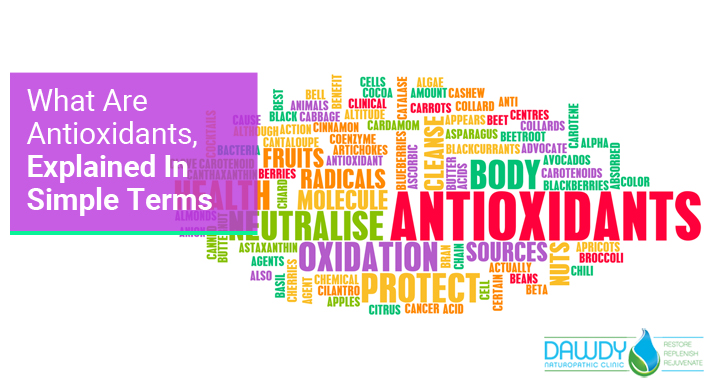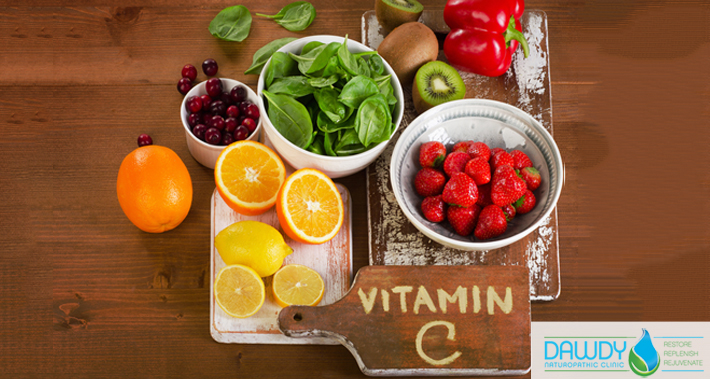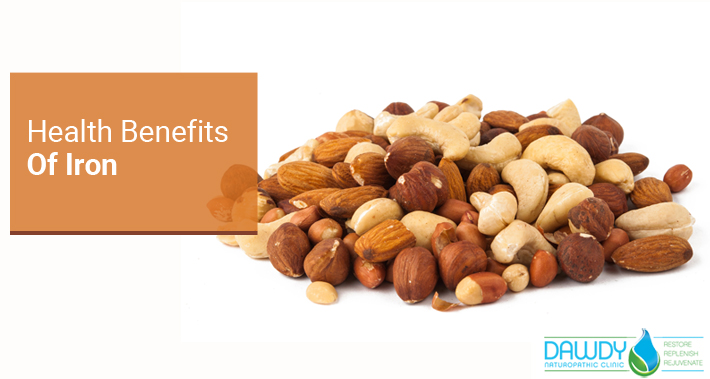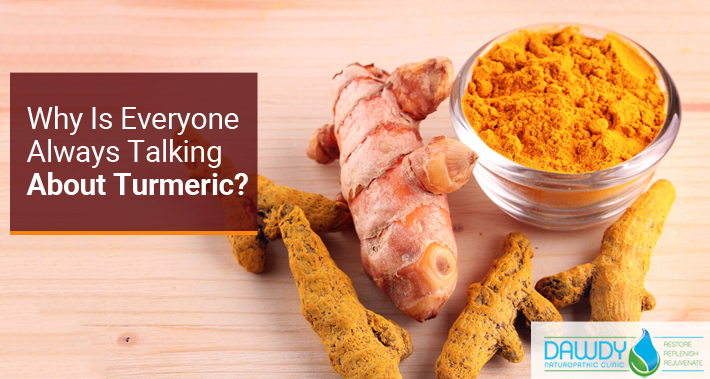What Are Antioxidants, Explained In Simple Terms
You’ve probably heard about the health benefits of antioxidants before – it seems like products and videos boasting their superpowers are everywhere.
But what are antioxidants, and how do they work?
Antioxidants are naturally occurring substances that work at the molecular level to protect your health and keep your body functioning.
They do this by preventing free radicals from attacking your cells and tissues.
Your body produces its own antioxidants, and you can boost your antioxidant levels by eating whole foods that are rich in vitamins, minerals, and colour.
As with anything you ingest, it’s important to maintain an appropriate balance of antioxidants in your body.
As a naturopathic doctor in Ottawa, I’m here to help you find the right balance to maintain your health and decrease your risk of illness in the future.
Today, let’s talk about antioxidants.
What Are Free Radicals In The Body?
Think back to your high school chemistry class.
Remember atoms?
Atoms are the building blocks of everything.
There are more than 100 different types of atoms.
This includes things in the air, like oxygen, hydrogen, carbon, and helium.
It also includes the essential minerals we need to stay healthy – calcium, potassium, magnesium, and the like.
Every atom is made of protons, electrons, and neutrons.
The protons and neutrons stay in the middle – called the nucleus – and the electrons orbit the nucleus, sort of like a little mini solar system.
Each type of atom is supposed to have a set number of protons, neutrons, and electrons.
Oxygen, for example, has eight of each.
But sometimes, an atom loses an electron – this is what’s called a free radical.
This sometimes happens when your body breaks down the food you eat, or when you burn calories through exercise.
But atoms don’t like to have missing electrons, so they seek out another atom with a spare electron to complete their set.
Free radicals are a natural part of your metabolism, and they’re actually a good thing.
Your immune system uses free radicals to fight off pathogens, for example.
RELATED: Holistic Immune System Naturopathic Doctor
But too many free radicals building up can lead to oxidative stress.
This is because free radicals can attach to healthy molecules in your body.
This can cause damage to your body’s cells, and eventually cell death.
How Do Antioxidants Neutralize Free Radicals?
Antioxidants help reduce levels of free radicals and lower oxidative stress by providing something other than healthy tissue for free radicals to attach to.
Antioxidants have the electrons to spare, so they’re happy to bond with free radicals and neutralize them.
This prevents them from causing oxidative stress, and lets them pass through your body harmlessly.
Benefits Of Antioxidants
Antioxidants are believed to decrease your risk of damage from oxidative stress.
Oxidative stress has been linked to:
- Heart disease
- Stroke
- Vision Loss
- Respiratory diseases
- Emphysema
- Cancer
- Arthritis
- Parkinson’s disease
- And others
When free radical levels in your body are high, it is believed that introducing antioxidants into your body can help put things back in balance.
Antioxidants are said to stabilize free radicals, improving overall health and protecting against the damage and risk associated with oxidative stress.
Important Antioxidants
There are a number of different things that have antioxidant properties.
It’s a mixed bag – some vitamins, some minerals, some plant compounds, and even melatonin, the sleep hormone.
RELATED: Can Sleep Quality Affect Your Immune System?
Let’s take a look at some of them.
1. Vitamin C
Research indicates that vitamin C may help strengthen your system against several health concerns, including heart disease and some types of cancer.
Vitamin C is an essential nutrient and can be found in most fruits and vegetables.
Berries, citrus fruits, pumpkins, and bell peppers are particularly good sources of vitamin C.
2. Vitamin E
Vitamin E is believed to protect your body from oxidative stress by strengthening your cell membranes.
Vitamin E is a fat soluble nutrient that can be found in several nuts, seeds, and oils.
Some good sources of vitamin E include sunflower seeds, almonds, hazelnuts, and wheat germ oil.
3. Manganese
Manganese can be found in every single cell in your body.
It’s used in your mitochondria, the part of your cell that produces energy.
Manganese can be found in hazelnuts, pecans, brown rice, chickpeas, and pineapple.
4. Iron
Like vitamin E, iron helps to protect your cell membranes from free radicals.
Iron comes in two forms.
Heme iron comes with an attached protein that helps your body absorb the iron.
Non heme iron is not attached to this protein.
Both heme and non heme iron can be found in animal sources like oysters, beef liver, and other meat, seafood, and poultry.
You can also get iron from a variety of plant based foods, like fortified cereals, beans and lentils, and dark leafy green vegetables.
Plant-based foods contain only non heme iron, but you can increase your iron absorption by pairing these foods with foods rich in vitamin C, vitamin A, and beta carotene.
5. Selenium
Selenium is believed to protect the body against heart disease and some types of cancer.
Some of the richest sources of selenium are meats and seafood – yellow fin tuna, halibut, sardines in oil with bones, and ham.
However, Brazil nuts are an excellent plant-based source.
Some other plant-based sources of selenium include:
- Enriched whole grain pasta and bread
- Brown rice
- Sunflower seeds
- Mushrooms
- Oatmeal</li
- Spinach
- Lentils
- Cashews
- Bananas
6. Other Antioxidants
There are many, many other types of antioxidants that you can absorb naturally through a healthy and varied diet.
Some other antioxidants include:
- Flavonoids
- Curcumin, the active ingredient in turmeric
- Copper
- Oleocanthal found in extra virgin olive oil
- Vitamin A, found in eggs, dairy, and liver
- Beta carotene found in bright, colourful fruits and vegetables like carrots, peas, and mangoes
- Lycopene, found in pink and red fruits like tomatoes and watermelon
- Lutein, found in corn, papaya, and green leafy vegetables
- Zeaxanthin
- Zinc
A note of caution: antioxidants and free radicals are both important parts of your overall health, and it’s important to keep them balanced.
Seeing long lists of vitamins, minerals, and phytochemicals, it can be easy to think your best bet is a supplement.
However, antioxidant supplements can actually do more damage by increasing the concentration of various vitamins and minerals in your body to dangerous levels.
For best results, opt for a colourful diet rich in fresh, nutrient dense whole foods.
Dietary Sources Of Antioxidants
The great thing about antioxidants – besides the health benefits – is they can be found in so many delicious foods.
Remember, the key is to eat a variety of whole, colourful foods, and to keep mixing it up.
Fruits And Vegetables
- Blueberries
- Cranberries
- Artichokes
- Blackberries
- Prunes and black plums
- Raspberries
- Strawberries
- Red delicious, granny smith, and gala apples
- Sweet cherries
- Russet potatoes
- Dark leafy greens
- Asparagus
- Beetroot
- Eggplant
- Sweet Potatoes
- Squash and pumpkin
Dried fruits like pears, plums, apples, peaches, figs, dates and raisins are great sources of antioxidants too – just be sure to choose options without added processed sugars.
Grains, Seeds, And Nuts
- Enriched, whole grain pasta and bread
- Brown rice
- Pecans
- Walnuts
- Almonds
- Cashews
- Macadamia nuts
- Small red beans
- Red kidney beans
- Pinto beans
- Black beans
Herbs and Spices
- Oregano
- Parsley
- Basil
- Sage
- Thyme
- Marjoram
- Tarragon
- Peppermint
- Savory
- Dill
- Cinnamon
- Turmeric
- Cumin
- Curry Powder
- Mustard Seed
- Ginger
- Pepper
- Chili Powder
- Paprika
- Garlic
- Coriander
- Onion
- Cardamom
Book Your Appointment With Dr. Kimberly Dawdy, ND, Today
Healthy eating can sometimes seem too simple of a solution and can sometimes feel totally out of reach.
If you already have a diagnosis of a condition related to oxidative stress, like heart disease or one of many types of cancer, you may benefit from direct support.
To get yourself on track to a healthier, more balanced body, book your appointment with me, Dr. Kimberly Dawdy, ND, today.
Yours in Health,
Dr. Kimberly Dawdy, ND
Dawdy Naturopathic Clinic
6899 Sunset Blvd,
Greely, ON K4P 1C5
-https://g.page/dawdynaturopathicclinic
Dawdy Naturopathic Clinic offers a variety of naturopathic health solutions for individuals and families in Ottawa and the surrounding area.





